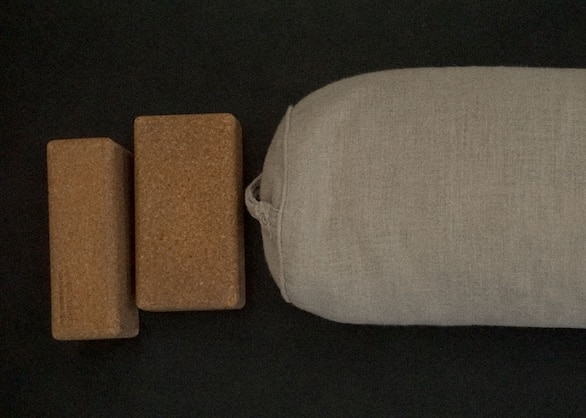Our editor joined in conversation with Lauren Ruth Felton, a Los Angeles birth educator, and founder of A Guide To A Painless Natural Birth, who shared her take on why giving birth can, and should, be a positive, beautiful, and painless experience. And—how it can even be orgasmic.

LHM


